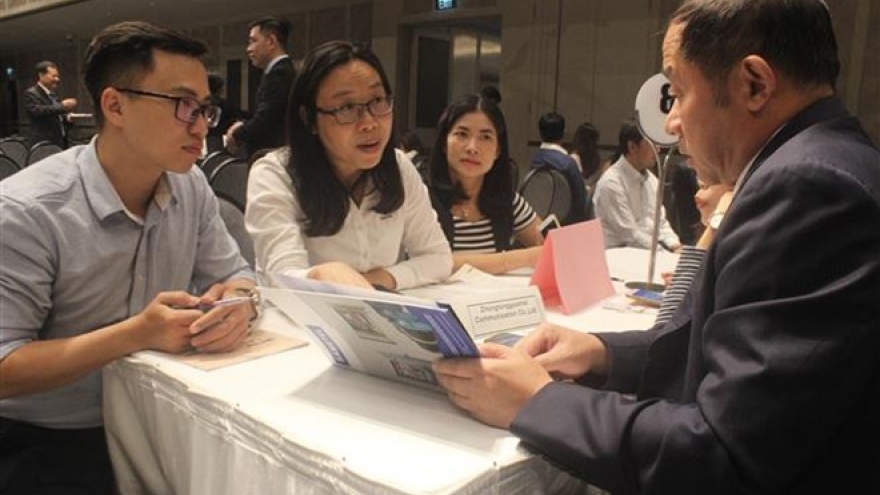How should Vietnam deal with ‘pretend Chinese investments’?
Investment by Chinese enterprises in Vietnam under different modes, from FDI (foreign direct investment) to M&As (merger & acquisition), is on the rise amid the US-China trade war.
 |
|
Chinese goods may transit in Vietnam before heading for the US |
The US, however, has anticipated the possibility of Chinese goods going through third countries, including Vietnam, before heading for the US. It has prepared tools to combat tax avoidance behaviors.
Other analysts also warned that if Vietnam cannot prevent the wave of Chinese goods that transit in Vietnam before going to the US it may bear punishments imposed by the US.
Moreover, this would give an excuse for the US to impose heavy taxes on imports from Vietnam, which is among the five countries which have a trade surplus with the US.
For the US, even goods which are processed and manufactured in Vietnam but don’t utilize technologies will be listed as transshipment goods. State management agencies, especially customs, have to tighten control over exports to avoid the risk.
HSBC Vietnam’s CEO Pham Hong Hai said that Vietnamese businesses in HSBC’s recent survey view the situation realistically. While they have kept calm about challenges to be brought by FTAs, they now have a big worry about transshipment goods from China, which may result in high taxation on Vietnamese goods as well.
Businesses fear that if some Vietnamese enterprises lend a hand to Chinese to avoid tax, entire industries and the national economy will suffer.
They also fear hostile takeovers. Sources said Chinese investors have made many M&A deals secretly.
“The situation is really complicated. It’s unclear who is behind the deals. It’s difficult to identify the origin of the money source because investors take a roundabout way,” Hai said.
To avoid the risks, Pham Sy Thanh, director of the Chinese Studies Program, said third countries like Vietnam need to prepare well to prove the Vietnamese origin of the products.
As for state management agencies, Hai from HSBC said Vietnam needs to set up technical barriers to control imports.
Sharing the same view, Tran Du Lich, deputy chair of the Vietnam International Arbitration Center (VIAC), said state agencies should create criteria and standards on goods origin.
In the long term, Lich believes that the best solution is to develop local supporting industries that would help increase the locally-made content in products.

